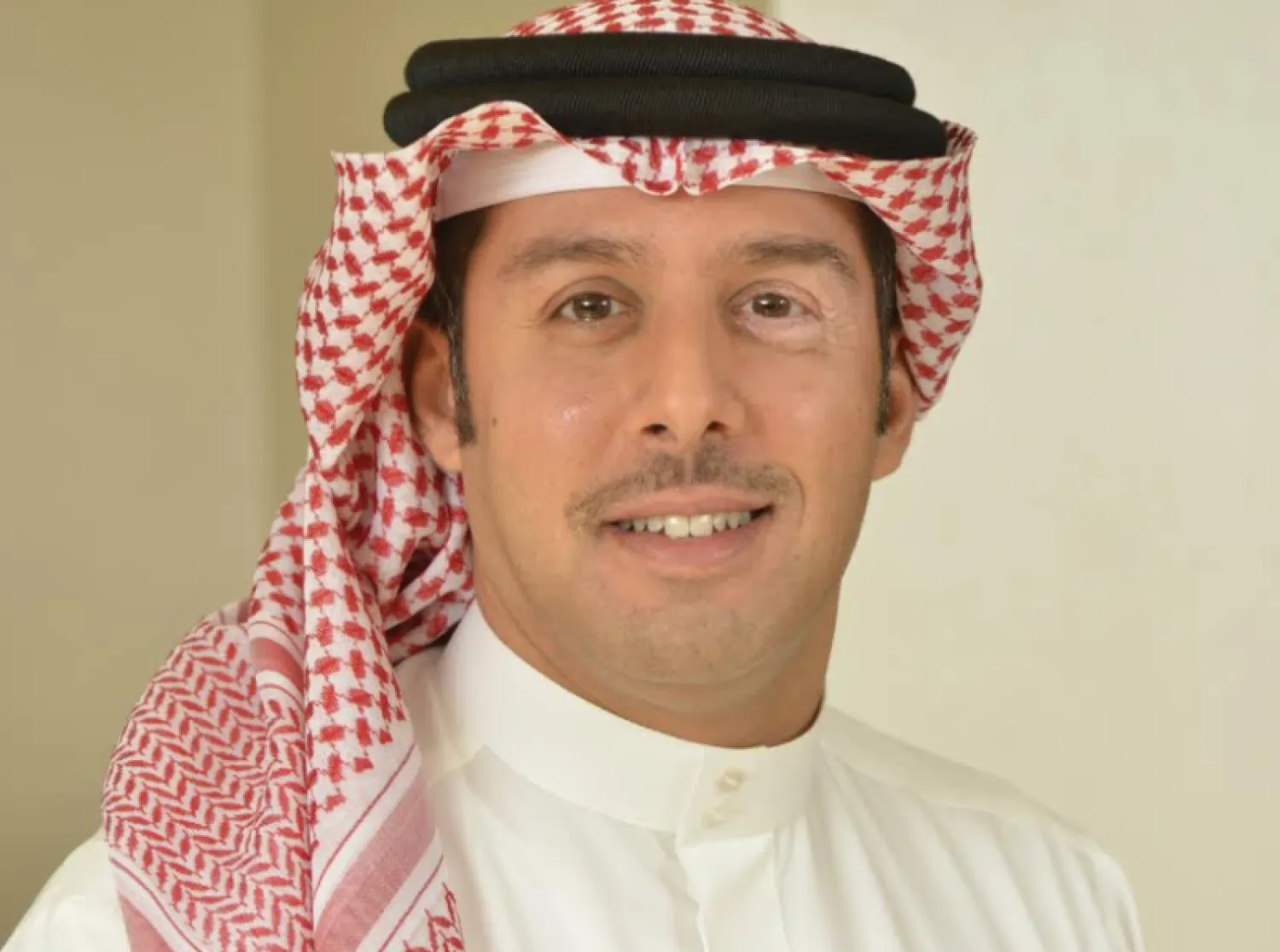The Bahrain Economic Development Board (EDB) and FinTech Consortium (FTC) announced the launch of “Bahrain FinTech Bay” (BFB), the largest dedicated FinTech hub in the Middle East and Africa.
The new hub aims to further the development and acceleration of Fintech firms as well as the interaction between investors, entrepreneurs, government bodies and financial institutions.
BFB, with an area of over 10,000 square feet of usable space, is located in the Arcapita building overlooking the waters of Bahrain Bay and the Arabian Gulf.
Scheduled to open in February 2018, it will comprise state of the art facilities, co-working spaces, communal areas, workstations, hot desks, and a variety of other shared infrastructure, making it the ideal hub for local and international corporate innovation labs and FinTech start-ups to base themselves in.
FTC, through its subsidiary FinTech Consortium Bahrain, has been appointed as the operator and ecosystem builder of Bahrain FinTech Bay.
It will apply physical and digital solutions to manage the hub, as well as integrate BFB into its numerous FinTech platforms, including blockchain, insurance technology, regulatory technology (RegTech), and others.
BFB will open, ready for business, as part of FTC’s global network of locations – New York, Singapore, and now Bahrain – and work closely with its counterparts to promote collaboration and shared innovation.
Chief Executive of the Bahrain EDB Khalid al-Rumaihi said: “We are happy to announce this partnership with FinTech Consortium and we are delighted to have the benefit of their expertise as we develop our own regional FinTech hub.”
“We are very excited about the opportunities that FinTech presents in the region and in Bahrain’s ability to serve as a hub for innovation in this sector,” Rumaihi said.
“We know that in order to realize these opportunities, it is vital to get the right ecosystem, including ensuring a supportive regulatory environment and infrastructure is in place,” he explained.
“The launch of our regulatory sandbox, which allows entrants to test their banking ideas and solutions, will show the extent of support available to FinTech companies of all sizes in the Kingdom.”
He noted that this partnership to develop the dedicated FinTech co-working space and digital ecosystem platform will play an important role in further developing this.
For his part, Co-Founder of the FinTech Consortium Gerben Visser said: “We are pleased to work closely with the Bahrain EDB to accelerate Bahrain’s position in the FinTech ecosystem.”
“Bahrain FinTech Bay will promote innovation, entrepreneurship and foster collaboration between our partners. With the strong support from the Bahraini government and Central Bank and a world-class infrastructure, we are confident that Bahrain FinTech Bay will contribute to the future-proofing of Bahrain’s financial center”.









